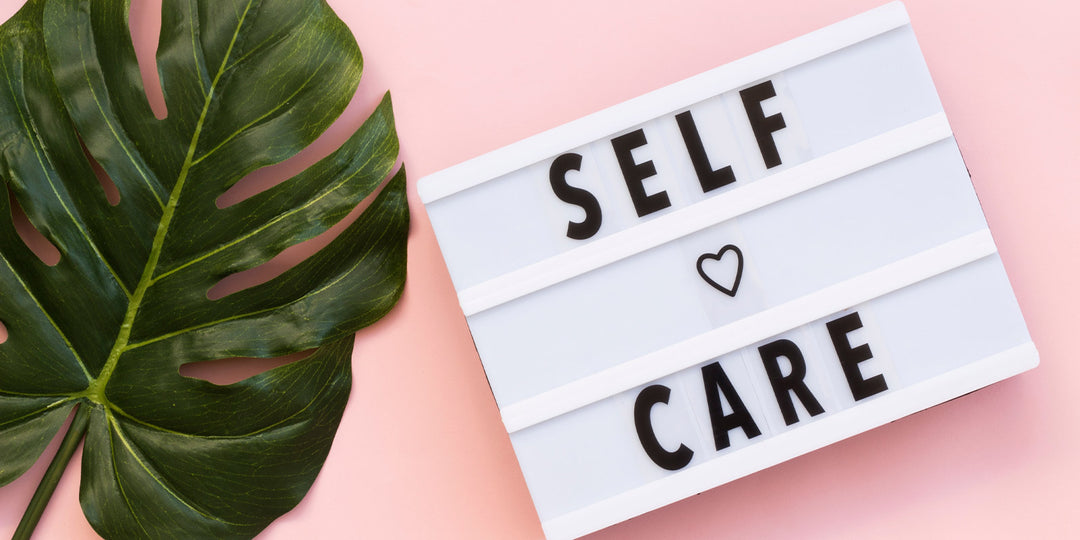Self-Care Isn’t Selfish
Self-care may feel like an indulgence, but is it?
Short answer—no.
Health care experts and psychologists both agree that self-care (being good to yourself) is critical to your mental and physical well-being.
From a physical health perspective, self-care has been clinically proven to reduce heart disease, stroke, and cancer. Spiritually, it may help keep us in tune with our higher power as well as help us realize our meaning in life.1
What Exactly Is Self-Care for Bariatric Patients?
- Self-care is valuing yourself, your health, and your wellbeing.
- Self-care is listening to specialists who have your best interest in mind.
- Self-care is taking care of you so that you can help take care of others.
- Self-care is having a kind, understanding inner voice—being kind to yourself.
- Self-care is giving yourself a break when you need it.
- Self-care is letting yourself be happy and healthy.
Here are six ways to be kind to yourself to maximize your health and wellbeing:
- Take time for exercise—here are 10 ideas to get started.
- Try self-guided meditation. See simple guide to meditation below.
- Fuel your body with nutritious foods, high-quality protein, and bariatric vitamins.
- Spend quality time with friends and family—whether it’s talking over the phone or seeing them in person.
- Reach out to a counselor or therapist to confront challenges.
- Accept imperfections and recognize all health victories—believe you can, and you WILL!
Remember: Self-care is not selfish. Take time for yourself this weekend. We’d love to hear how you spent your me-time. Email us at unjurycares@unjury.com.
Mindfulness Meditation Made Easy2
Settle in and prepare to sit still for a few minutes.
Find a *quiet* space to sit, relax, and practice meditation.
Get comfortable.
Using a comfortable cushion or chair, sit up straight but not stiff; allow your head and shoulders to rest comfortably; place your hands on the tops of your legs with upper arms at your side.
Now breathe.
Close your eyes, take a deep breath, and relax. Feel the fall and rise of your chest and the expansion and contraction of your belly.
Try to keep your attention on your inhale and exhale. With each breath notice the coolness as it enters and the warmth as it exits. Don't control the breath but follow its natural flow.
Stay gently observant and notice when your mind has wandered.
Thoughts will try to pull your attention away from the breath. Notice them, but don't pass judgment. Gently return your focus to your breath. Some people count their breaths as a way to stay focused.
Close with kindness.
When you’re ready, gently and slowly open your eyes. Notice how your body feels right now. Notice your thoughts and emotions.
Take 10 minutes a day.
A daily practice will provide the most benefits. It can be 10-15 minutes per day; however, 20 minutes twice a day is often recommended for maximum benefit.
References:
1. What is Self-Care and Why is it Important For You? Southern New Hampshire University. Accessed on 12/19/23.
2. With mindfulness, life's in the moment. The Harvard Gazette. Accessed on December 19, 2023.










